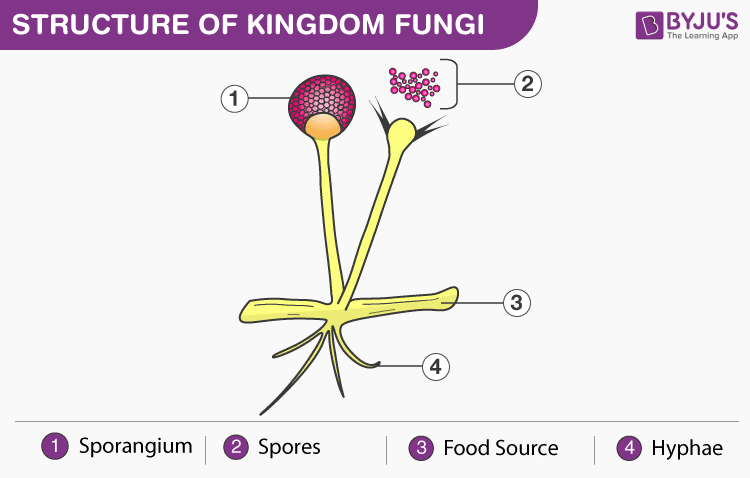Spore
Spores are single-celled structures that help in reproduction, especially asexual reproduction. They can be found in fungi, non-flowering plants, bacteria and algae. However, bacterial spores are not reproductive in nature. Some microbes produce spores just as a protective measure. The bacterial spores safeguard the organism from extreme environmental conditions.
The process of formation of spores is called sporogenesis. During favourable conditions, the spores differentiate into vegetative cells.

Vegetative Cell
Vegetative cells are typically actively growing cells that form endospores. These cells are a product of asexual reproduction. The vegetative cells do not participate in the production of gametes.
The vegetative cells cannot manage stress. Thus, the sensitive vegetative cells get differentiated into spores that are unsusceptible.
Also Read: Vegetative cells in microbiology
Difference between Spore and Vegetative Cell
Spore |
Vegetative Cell |
| Spores are inactive and dormant structures. | Vegetative cells are actively growing cells that form the endospore. |
| They can tolerate stress like chemicals, heat and radiation. | They cannot manage in stressful environments. |
| During favourable conditions, the spores differentiate into vegetative cells. | During stressful conditions, the vegetative cells produce enzymes that differentiate into spores. |
Also see : Sporulation in amoeba
Frequently Asked Questions
What are endospores?
The formation of endospores is a type of survival mechanism. During stress, the vegetative cells of a few bacteria produce endospores. These endospores are highly resistant, unique cellular forms. Also, the endospores are non-reproductive structures. Thus, they differ from typical spores.
What is a sporangium?
The sporangium is an enclosed structure within which the spores are formed. Many plants and fungi produce spores by means of meiosis. Later, these spores undergo mitotic cell division to form a mature haploid spore. These sporangia can be unicellular or multicellular structures.
What is a tube cell?
In plants, the vegetative cells form a tube cell that later grows into a pollen tube. This tube transfers the male gametes to the ovule. Also, there is another cell in the pollen that is responsible for the production of gametes. This cell is called a generative cell. Thus, generative cells are reproductive, and vegetative cells are non-reproductive.
How do spores differ from gametes?
The spores can individually proliferate to form sporelings. The fusion of male and female gamete is necessary to develop a zygote. Also, animals produce only gametes and not spores.

Visit BYJU’S Biology for more interesting topics.
I want actual fermentation process?
Read about fermentation here: https://byjus.com/neet/types-of-fermentation/
Spore and vegetative analysis cane done for same dilution and plating